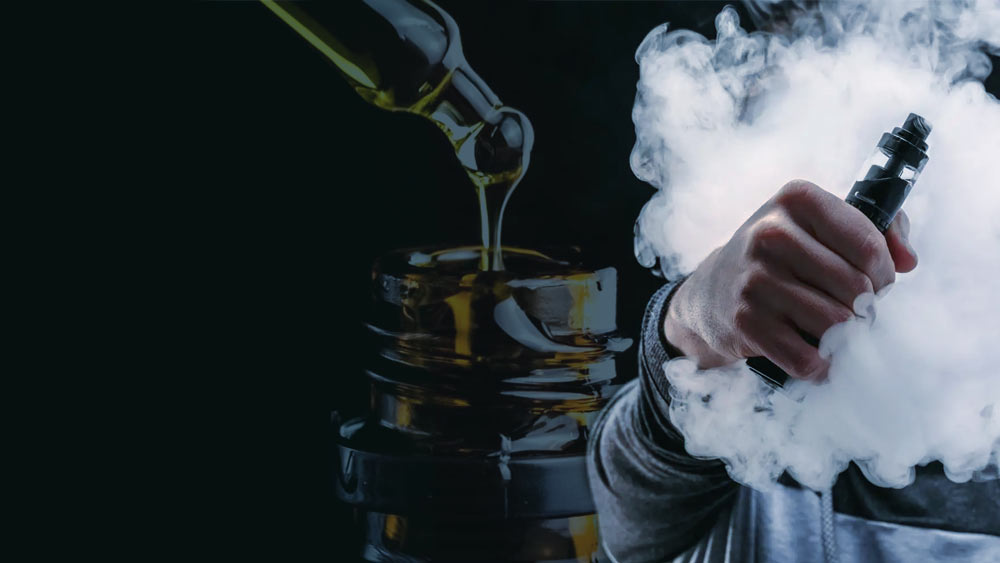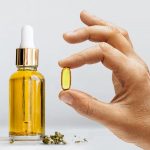The world of CBD can be surprisingly confusing at times.
In 2020 there are several dozen different CBD products readily available for purchase, and this vast variety is particularly challenging for novice users and newcomers.
In this article we will tackle one of the biggest misconceptions to date, which is of course can CBD oil be consumed through vaporization.
In order to answer this question, we first need to define all liquid oil-based types of CBD products, as this will help us have a crystal-clear picture of their intended uses and differences.
CBD Oils
CBD oils are one of the most popular types of CBD products.
They are typically made with isolated CBD compounds, which were extracted from hemp plants, and these isolated molecules are later on combined with a food-grade carrier oil (hemp seed oil, olive oil, coconut oil and MCT oil).
They are generally intended for sublingual use (holding the oil under the tongue), and infusing CBD molecules with a carrier oil allows the CBD to pass through the mucous membrane and enter the bloodstream.
CBD oil can also be added to various foods and beverages, and the presence of a carrier oil guards CBD molecules from being broken down (metabolized) too quickly in the gut, increasing overall bioavailability.
CBD Tinctures
CBD tinctures are quite similar to CBD oil, the main difference is that they also contain other constituents of the hemp plant, such as cannabinoids, phytonutrients and terpenes.
Cannabidiol tinctures are also intended for sublingual use, and can be added to foods and drinks.
The terms “CBD oil” and “CBD tincture” are sometimes used interchangeably, since both types of product are used in the same fashion and they both contain a carrier oil.
CBD Vape Liquids (aka CBD Vape Juices, or CBD e-Juices)
CBD vape liquids and juices are manufactured to be used with vaporizers.
These products are pretty similar to CBD oils and tinctures, and the main difference is that vape liquids generally contain a thinning agent, which makes the thick CBD mixture less viscous and subsequently vape-friendly.
It’s important to understand that some producers name their vaping products “vape oils” and “e-oils”, which definitely adds to the confusion.
If a CBD product has a “vape” (or an “e”) prefix, it’s safe to assume that it’s intended for vaporization.
Since the CBD market is still not regulated by the FDA, choosing any type of CBD product should incorporate a great deal of consideration.
There are several aspects that need to be examined, such as pricing, third-party laboratory analysis, method of extraction, and potency of the product. To find out more on how to properly pick a CBD product for you, check out this article of ours.








